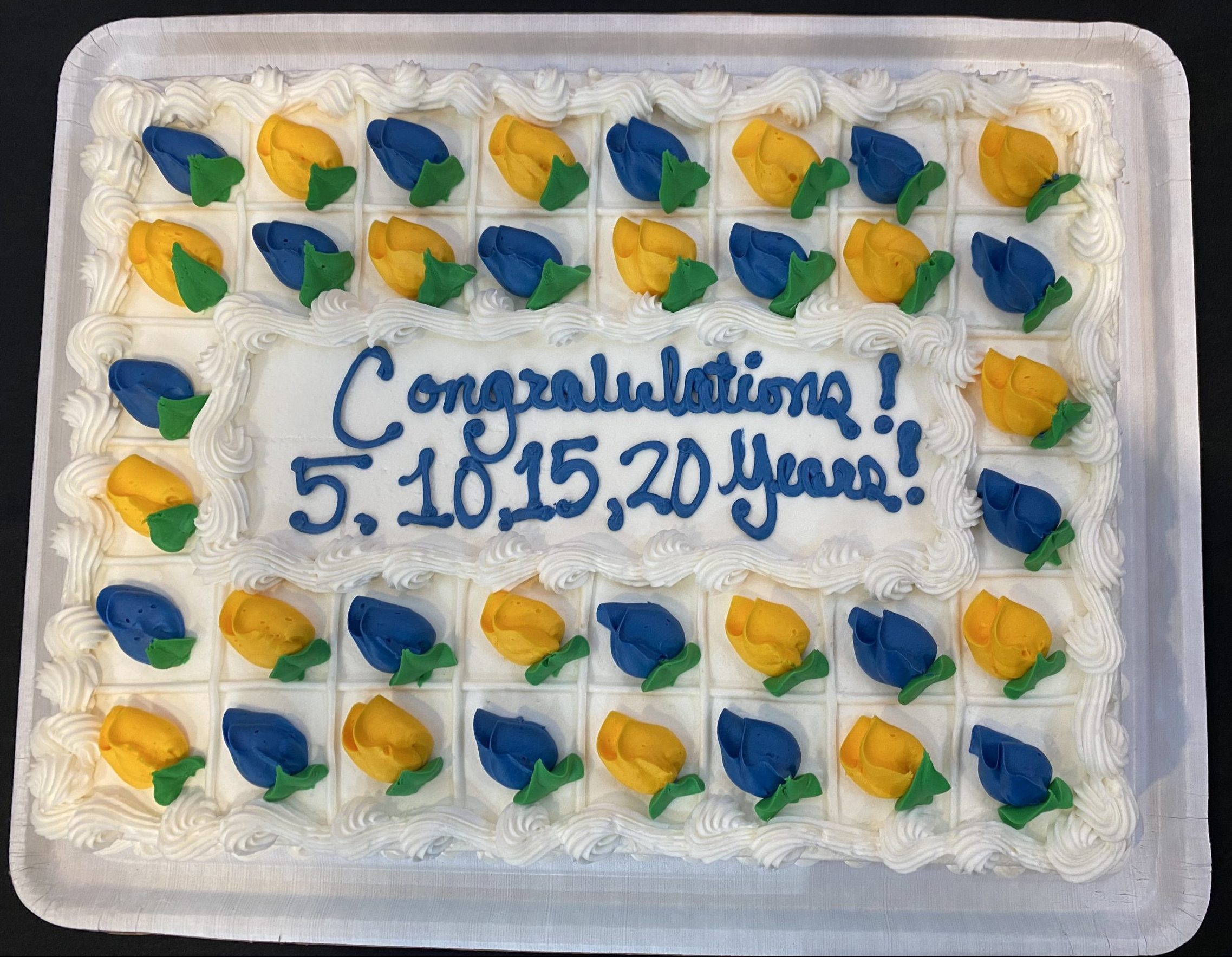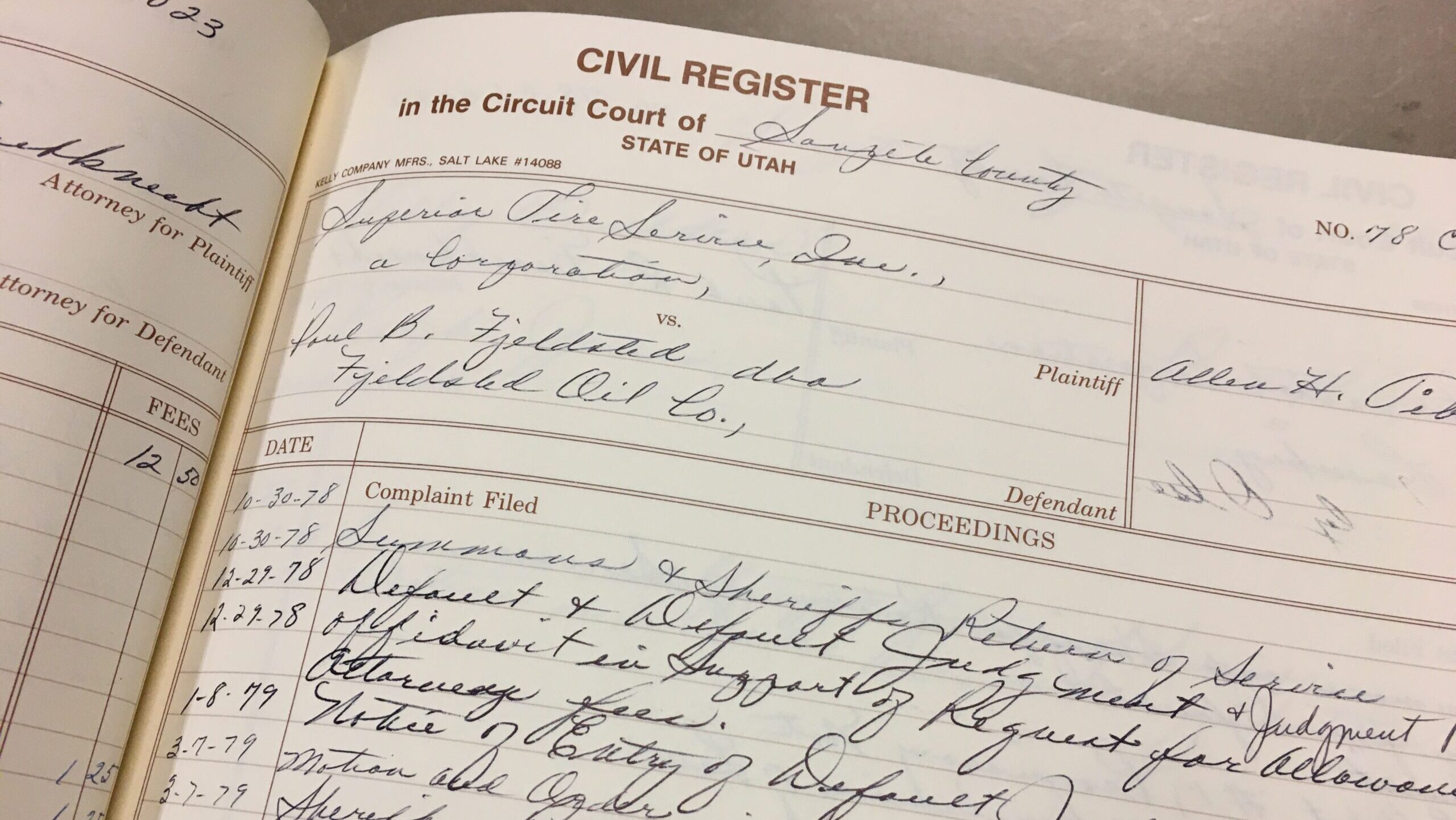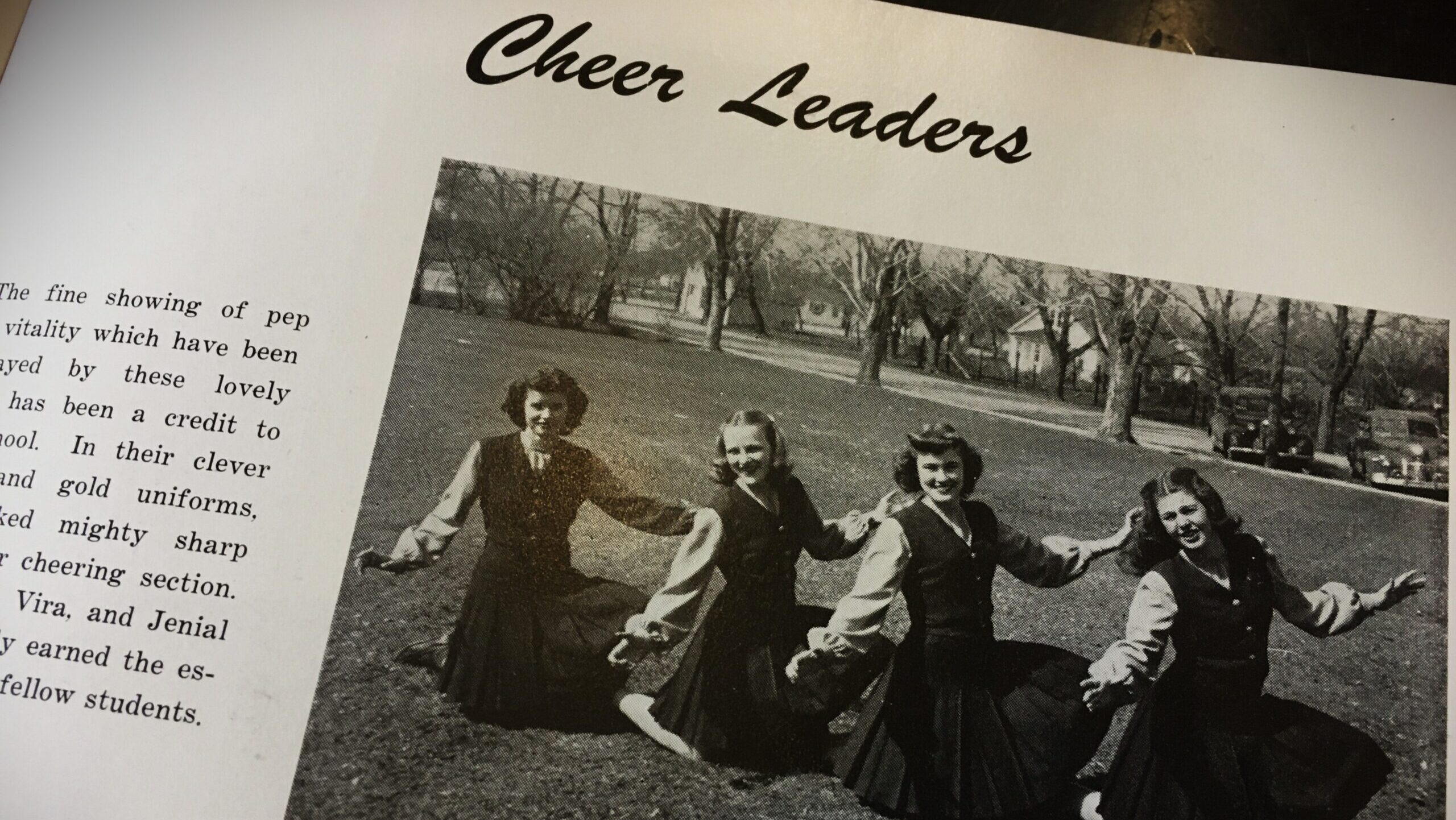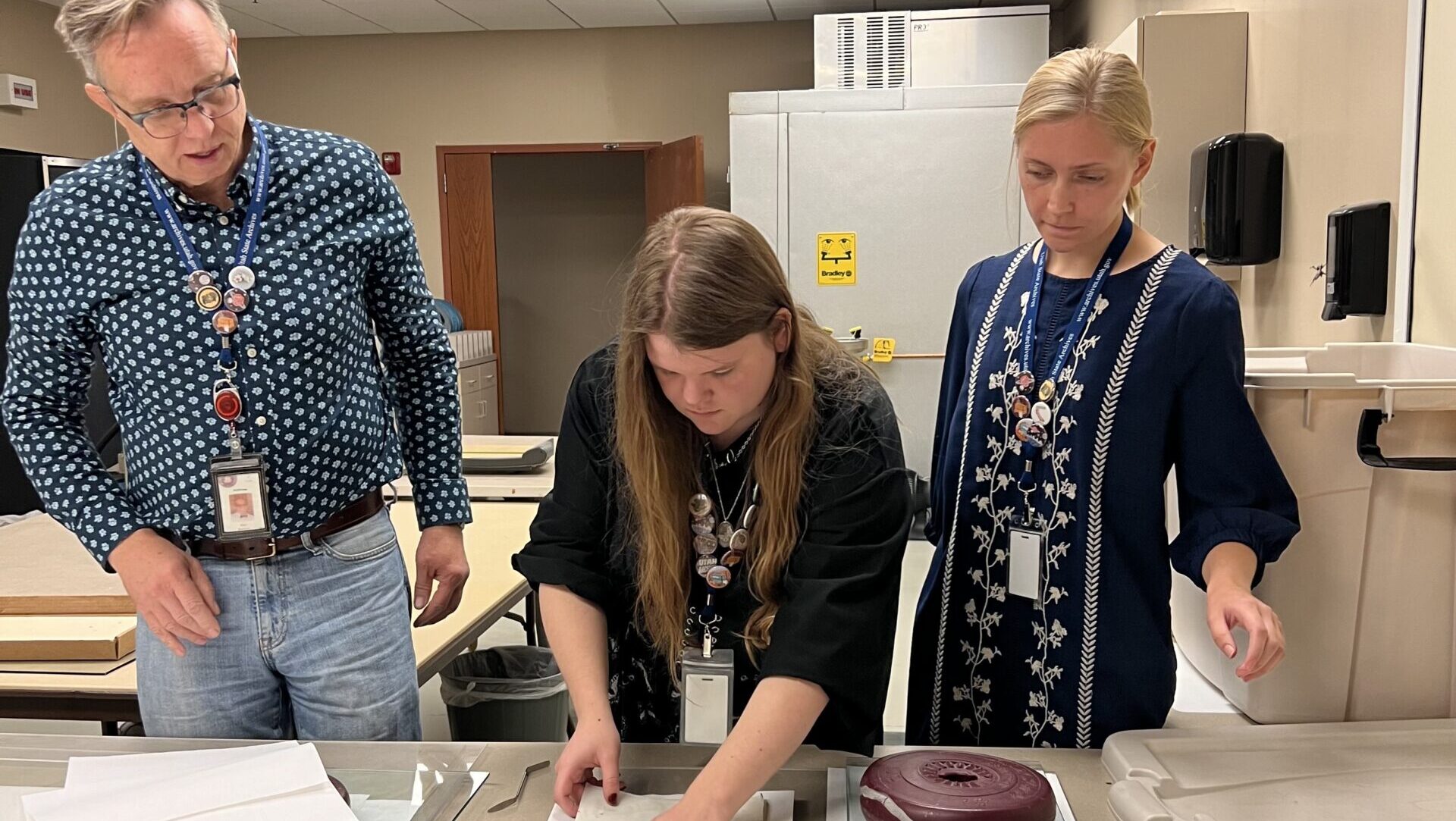
ARO Spotlight: Anna Crookston – South Jordan City
Meet Anna Crookston, the City Recorder for South Jordan. Anna is responsible for overseeing and coordinating the city’s records management program, and has earned a reputation for being innovative, adaptable and not afraid to embrace new technologies. Anna was kind enough to chat with us about the lessons that she has learned in her career, how she faces new challenges, and how she keeps her team motivated!
Tell us about your job and the kinds of records you manage?
As a City Recorder, I get to wear many hats, but my main focus is on managing and preserving the records that tell the story of our local government. Every day, I work with everything from council minutes and ordinances to contracts and historical documents. Making sure these records are well-organized, accurate, accessible, and preserved for future reference is a key aspect of my role. It’s like being a librarian, archivist, and detective all rolled into one.
What is the most challenging thing about managing records in 2024?
In 2024, one of the biggest challenges we face in records management is keeping up with the lightning-fast pace of technological change. It’s like trying to hit a moving target while making sure we’re playing by the ever-changing rules. With so many different programs and software used across various departments, tracking everything can feel like juggling a dozen balls in the air.
As we shift more and more towards digital records, we constantly need to update our systems and processes to ensure data integrity and security. It’s not just about making sure the tech works, but also about ensuring that all of our records remain accurate, accessible, and secure. Navigating this landscape requires a lot of flexibility and a willingness to learn and adapt quickly. Each department has its own unique requirements and systems, and coordinating all of these to create a cohesive records management strategy is challenging.
What is your favorite thing about managing records?
My favorite part of managing records is knowing that I’m helping to preserve the history and transparency of our community. There’s a real sense of fulfillment in knowing that the work we do supports residents, researchers, and officials by providing a clear and accurate account of our city’s activities and decisions. Plus, I get to dive into fascinating historical documents that offer a glimpse into the past—it’s like having a backstage pass to our city’s history!

You are known for having worked closely with your IT department to set up processes for managing electronic records. What was that process like? How did you manage to create such a good working relationship with your IT team? Any major takeaways that you learned from the experience?
One major takeaway from working closely with our IT team is the vital importance of flexibility, continuous learning, and open communication. Our collaboration wasn’t just about ticking boxes; it was about genuinely understanding and respecting each other’s expertise. Regular meetings and conversations were key, as they allowed us to openly discuss our needs and challenges. Joint training sessions became a space for us to share knowledge and grow together.
Our IT team brought a wealth of technical expertise, which was invaluable for navigating the complexities of electronic records management. On our side, we provided insights into the content and compliance requirements of the records, ensuring that the system we developed was not just technically sound but also aligned with our legal and operational needs.
This collaborative effort, grounded in mutual respect and a shared commitment to learning and adapting, allowed us to come up with a process and flexible system that meets both our current requirements and is ready to handle future challenges.
How do you keep yourself and your team motivated to manage records?
Keeping motivation high in records management is all about recognizing the meaningful impact of our work and creating an environment where everyone feels valued. We focus on the bigger picture, understanding that our role in maintaining transparency and accountability is crucial for the community. This sense of purpose helps keep the team engaged and committed.
We also prioritize regular professional development, ensuring everyone has the opportunity to grow and stay up-to-date with the latest practices. I believe in fostering a collaborative space where everyone feels comfortable bringing their ideas to the table and managing their records in a way that reflects their expertise.
Recent Posts
Authors
Categories
- Certification/
- Digital Archives/
- Electronic Records/
- FAQ/
- Finding Aids/
- General Retention Schedules/
- GRAMA/
- GRAMA FAQs/
- Guidelines/
- History/
- Legislative Updates/
- News and Events/
- Open Government/
- Records Access/
- Records Management/
- Records Officer Spotlights/
- Research/
- Research Guides/
- RIM FAQs/
- Roles and Responsibilities/
- State Records Committee/
- Training/
- Uncategorized/
- Utah State Historical Records Advisory Board/




